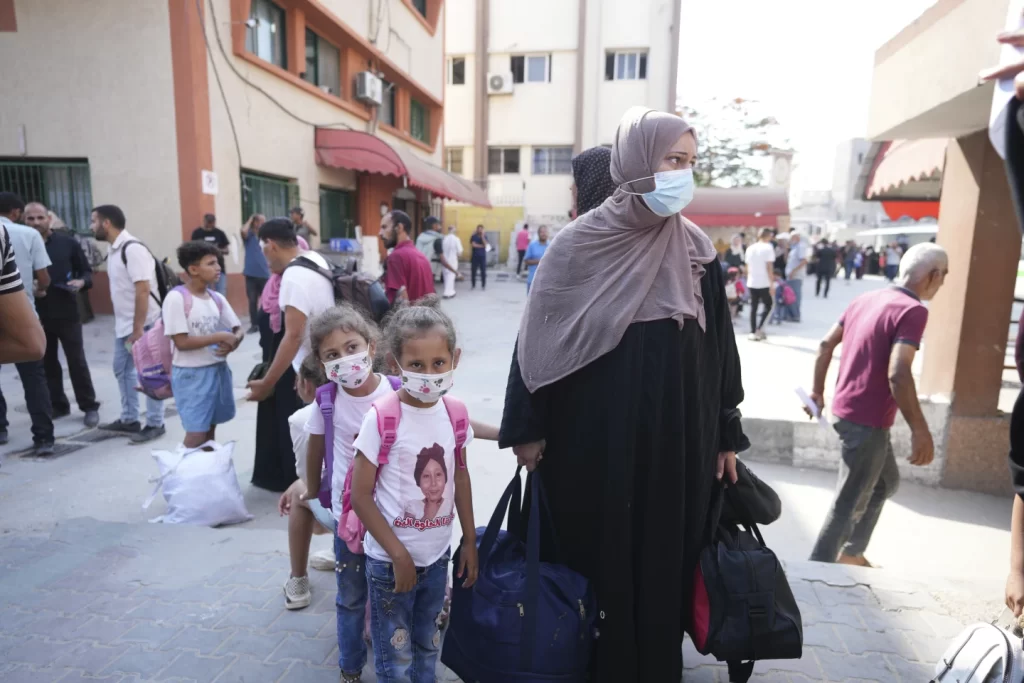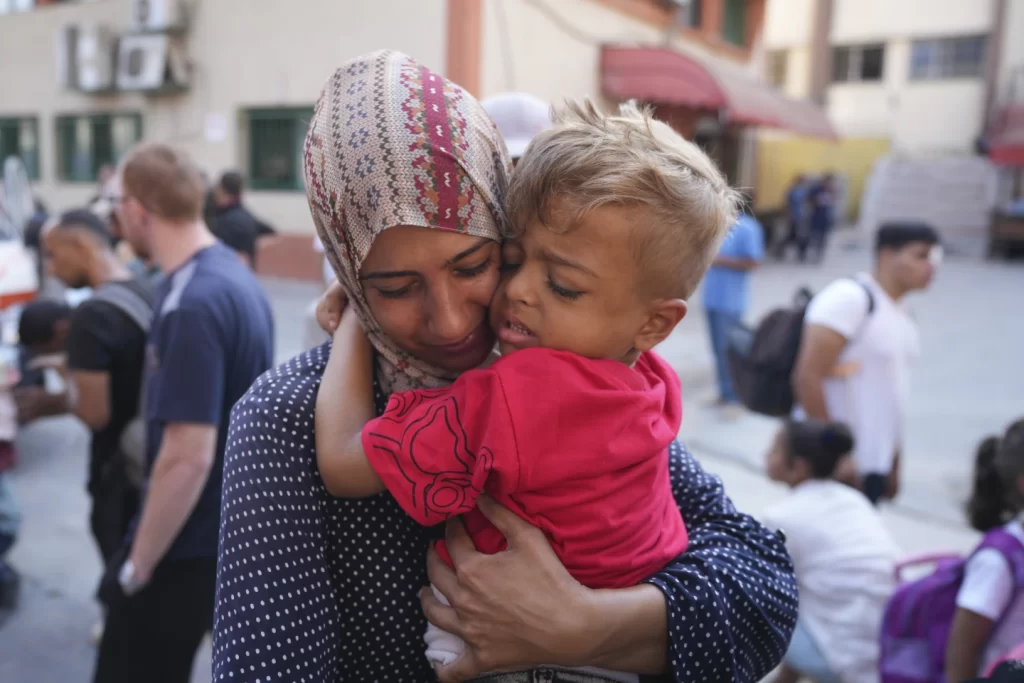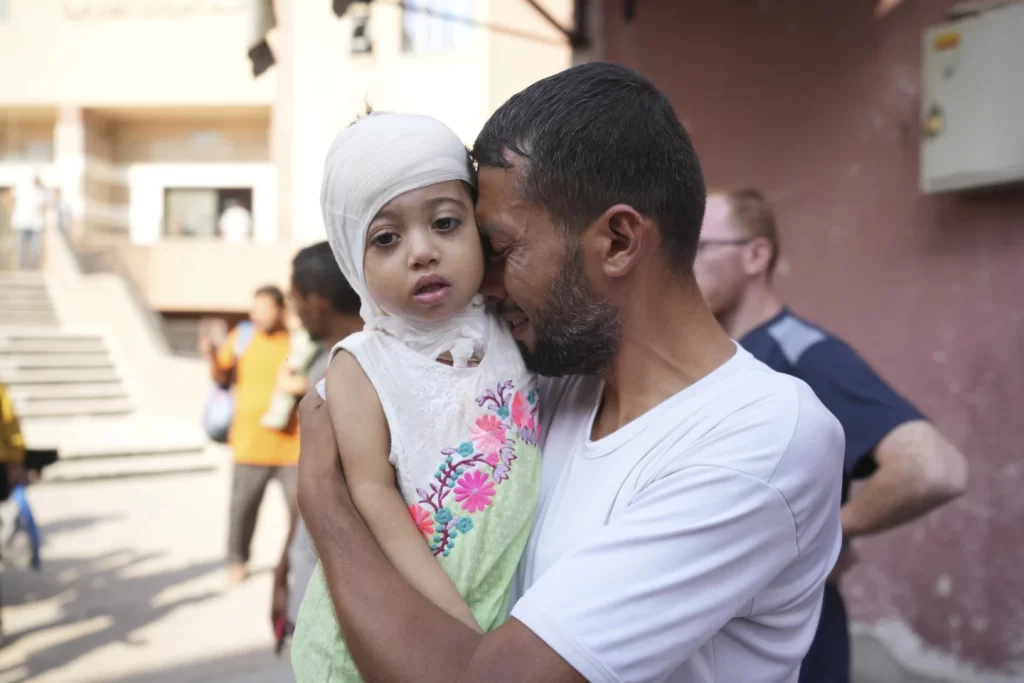Amidst the ongoing Israel-Hamas conflict, 21 critically ill children were evacuated from Gaza on Thursday, marking the first medical transfer since the territory’s sole travel crossing was closed in early May. This evacuation underscores the dire state of Gaza’s healthcare system, which has been devastated by nearly nine months of war.

The children departed from Nasser Hospital in Khan Younis, making their way to the Kerem Shalom cargo crossing with Israel. Their final treatment destinations remain undisclosed, highlighting the complexities surrounding this humanitarian effort. This evacuation comes at a crucial time, with most of Gaza’s hospitals shut down and thousands in desperate need of medical treatment abroad.

Among the evacuees were six children previously transferred from Al-Ahli Hospital in Gaza City, including five with malignant cancer cases and one suffering from metabolic syndrome. The World Health Organization, in collaboration with three American charities, coordinated this vital evacuation.
Dr. Mohammed Zaqout, head of Gaza’s hospitals, emphasized the scale of the healthcare crisis, stating that over 25,000 patients in Gaza require treatment abroad, including 980 children with cancer. He described this evacuation as “a drop in the ocean” compared to the overwhelming need, stressing that the complex route through Kerem Shalom and into Egypt cannot adequately replace the closed Rafah crossing.

The evacuation was an emotional scene, with families bidding tearful goodbyes to their children. Many relatives were unable to accompany the patients, adding to the anxiety and uncertainty surrounding the transfer. This separation underscores the personal toll of the ongoing conflict and the humanitarian crisis it has spawned.

This medical evacuation takes place against the backdrop of a devastating war that has claimed over 37,700 Palestinian lives, according to Gaza’s Health Ministry. The conflict, which began with Hamas’ October 7 attack on Israel, has led to widespread destruction and a severe humanitarian crisis in Gaza.

As the evacuation proceeded, Israel ordered new evacuations from Gaza City neighborhoods, signaling continued military operations in previously heavily bombed areas. These ongoing hostilities and restrictions on movement continue to exacerbate the humanitarian situation in Gaza, with severe food shortages and limited access to basic necessities.

While this medical evacuation represents a positive step, it also highlights the urgent need for sustained humanitarian corridors and increased international efforts to address the medical and humanitarian crisis in Gaza. As the conflict persists, the plight of civilians, especially critically ill patients, remains a pressing concern for the international community.

The evacuation of these 21 children serves as a poignant reminder of the human cost of the conflict and the critical importance of humanitarian interventions in times of crisis. It also underscores the complex challenges faced by aid organizations and medical professionals working in conflict zones, striving to provide care and hope in the most difficult of circumstances.
Associated Press



